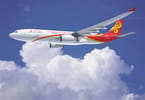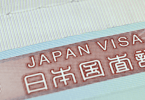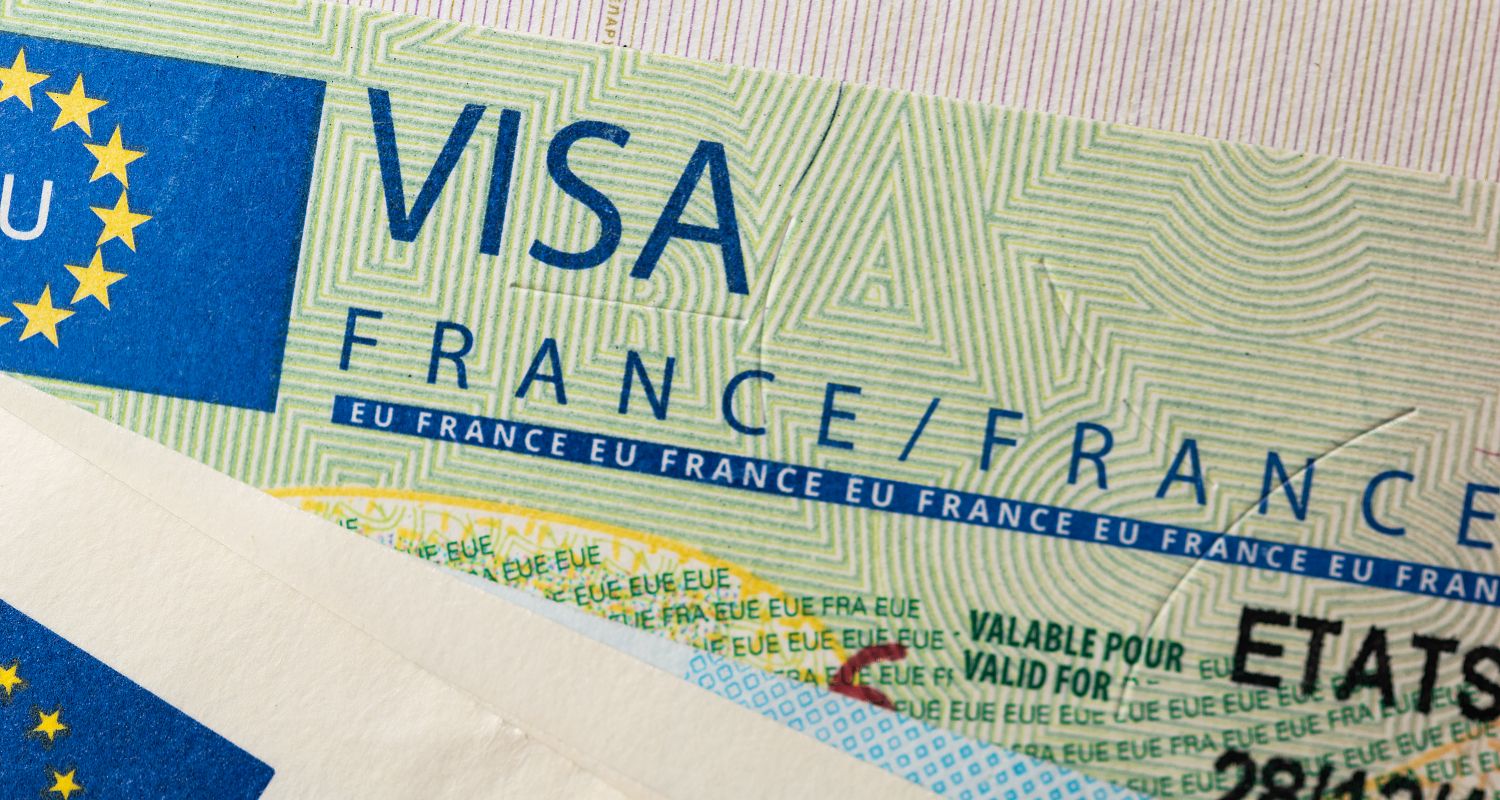جوهان لنډګرین:
No, we could do more of that. We managed to get good price tensioning as we proceed through this, so this has been good deals for ourselves. We are a very attractive company to work with, to do these transactions with. Our kit is in excellent condition, and we’re considered a safe company to do these types of transactions with. We still have ownership of more than 50% of the fleet, and about 40% of the fleet is unencumbered, so we still have the opportunity, but we want to weigh up that alternative compared to a number of other options that is out there, but we have been really pleased with the deals that we’ve had on the SME transactions that we have done to date.
جوناتن ووبر:
You mentioned the word sustainability, but earlier on, I said I wanted to come back to it, so now is the point to come back to it. I don’t want this to be only about easyJet but aviation as a whole. The crisis has obviously reduced the amount of flying. There are those who say, “Great, we don’t want to go back to flying,” and that we should reduce aviation’s carbon footprint by reducing the amount of flying on a permanent basis. How do you address that kind of argument?
جوهان لنډګرین:
Well, the point is not to reduce flying. The point is to make sure that aviation has less impact on the environment. To only look at the demand side on this to say, “Well, we should introduce taxes,” or, “We should make it more expensive for people to fly,” that’s an awful, awful way of looking at it because it drives social inequality. It means that you go back to the days before the deregulation in the middle of the ’90s, where this was also something that was available for wealthy and privileged people. Companies such as ourselves have allowed millions and millions of families and people to enjoy this product and service that wasn’t there before. To now, from a sustainability point of view, think, “Well, let’s restrict that,” it will only drive to lower load factors, less efficiency, and that this is a product and service that is available for the wealthy.
That’s an awful proposition to do. What we need to do… This is the danger with the pandemic because it has removed, clearly, funds from the industry to invest into new technology that was so desperately needed. I think you’ve seen that some of the commitments that some airlines has been doing has been withdrawn throughout this. I think we are the example. We haven’t done that. First of all, we are one of the few, if not the only major airline in the world, who is offsetting all the carbon emissions from the flying we do, and we’re staying with that commitment. We know that this is a solution. There is a bridge before we get onto more groundbreaking technologies, such as hydrogen or electric, which we are big believers in, but that’s going to take 10, 15 years before we get into to that having any significant impact.
Up until then, the carbon offsetting schemes with the quality projects that we have are absolutely essential. It’s an absolutely appropriate solution to do at this moment in time. If you want to fly with the least amount of impact on the environment, you’ve got to choose easyJet. There’s no doubt about that. We know that customers coming out of this crisis is going to pay more attention on these things, so we would urge any competitor that’s out there to follow us because that would be better for the environment and better for the industry as a whole.
جوناتن ووبر:
Yeah, it’s obviously a huge topic. We need a multiple-day conference on that topic alone. Final question because we are out of time. What new opportunities has the crisis presented to easyJet?
جوهان لنډګرین:
Well, I think, one, you can look at the competitive landscape. I think it’s going to be a situation where the relative weak players that was out there is going to be even more weaker. If you’re strong in coming out of this in a strong phase, it’s going to give you more opportunities from that point of view. I think that, for us, who has positioned us with the sustainability as one of the key things that matters to ourself in terms of reducing the impact, we’re going to have a preference for that. We’ve talked about resetting the cost space, which is something that is going to also generate better margins going forward and also greater opportunities for growth. Also, we have been looking, going through the ancillaries that we’ve been doing, and we’ve done already changes to the gap, the cabin bag policies, which are going to help us be better on on-time performance but also a source of revenue.
We have launched holidays, easyJet holidays, back a little bit more than a year ago, which the timing of this is actually phenomenally good because of the fact that so many competitors fallen out of this space. We know holiday is going to be really at the key purpose for people to travel. So, we’ve got a tremendous… a lot of opportunities here, but you know what? We got to manage through the situation we are in. That’s what we’re planning. We’re planning for that to come. We want to lead coming out of this recovery, but at the same time, we also got to be realistic on where we stand today, and manage through the situation, and get ready to lead the recovery when restrictions are removed and eased.
جوناتن ووبر:
Okay, good to end on an optimistic note. Thank you very much for your time. I personally am looking forward to getting on a plane again, maybe flying somewhere to see a concert with someone playing a trombone somewhere in Europe. Thank you very much for your time, Johan. It’s been a great pleasure. Thank you.
# رغونه
له دې مقالې څخه څه باید واخیستل شي:
- We still have ownership of more than 50% of the fleet, and about 40% of the fleet is unencumbered, so we still have the opportunity, but we want to weigh up that alternative compared to a number of other options that is out there, but we have been really pleased with the deals that we’ve had on the SME transactions that we have done to date.
- We know that customers coming out of this crisis is going to pay more attention on these things, so we would urge any competitor that’s out there to follow us because that would be better for the environment and better for the industry as a whole.
- First of all, we are one of the few, if not the only major airline in the world, who is offsetting all the carbon emissions from the flying we do, and we’re staying with that commitment.





















